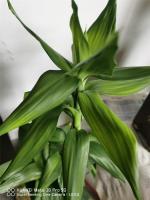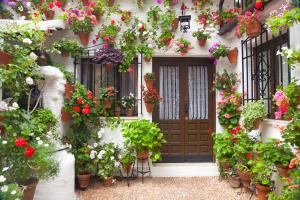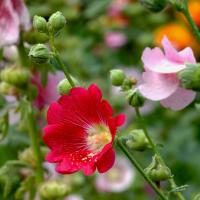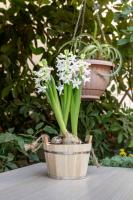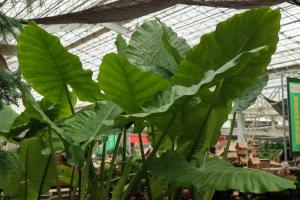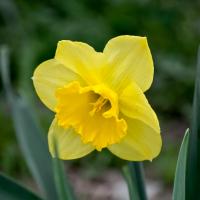When to Plant Tomatoes in Boise
Tomatoes are a summer staple in many gardens, including in Boise, Idaho. However, planting tomatoes at the wrong time can lead to poor growth and a disappointing harvest. So, when is the best time to plant tomatoes in Boise?
Climate Factors
Before you plant your tomatoes, it's important to consider the specific climate and weather patterns in Boise. This can vary depending on the location and elevation of your garden. Boise has a semi-arid climate with hot summers and cold winters. The typical frost-free period lasts from May 10 through September 27, giving gardeners around four months to grow tomatoes.
Seed Starting
If you plan on starting your tomato plants from seeds indoors, you should aim to start them about six to eight weeks before the last expected frost date in Boise. This gives the plants enough time to grow and develop before transplanting them outside. For Boise, this means starting your seedlings around mid-March.
Transplanting Outdoors
When transplanting your tomato seedlings outdoors, it's important to wait until the risk of frost has passed. This is typically around mid to late May in Boise. However, with unpredictable weather patterns, it's always a good idea to monitor local weather reports to ensure a safe planting time. Additionally, make sure to harden off your seedlings before transplanting them outside. This involves gradually acclimating them to outdoor conditions by exposing them to increasing amounts of sunlight and wind over a week or two.
Cold Temperature Protection
Even after the frost-free date has passed, Boise can still have fluctuating temperatures that may damage tomato plants. Consider protecting your plants with frost blankets or other coverings on colder nights. You can also plant your tomatoes in raised beds or containers, which can warm up faster and provide better drainage.
Conclusion
Knowing when to plant tomatoes in Boise can help ensure a successful and fruitful harvest. Consider the specific climate and weather patterns in your area when deciding on the best time to start your seeds and transplant them outdoors. Pay attention to frost dates and monitor the weather throughout the growing season to protect your plants from cold temperatures. With a little preparation and care, you can enjoy homegrown tomatoes all summer long.

 how many times do yo...
how many times do yo... how many planted tre...
how many planted tre... how many pine trees ...
how many pine trees ... how many pecan trees...
how many pecan trees... how many plants comp...
how many plants comp... how many plants can ...
how many plants can ... how many plants and ...
how many plants and ... how many pepper plan...
how many pepper plan...